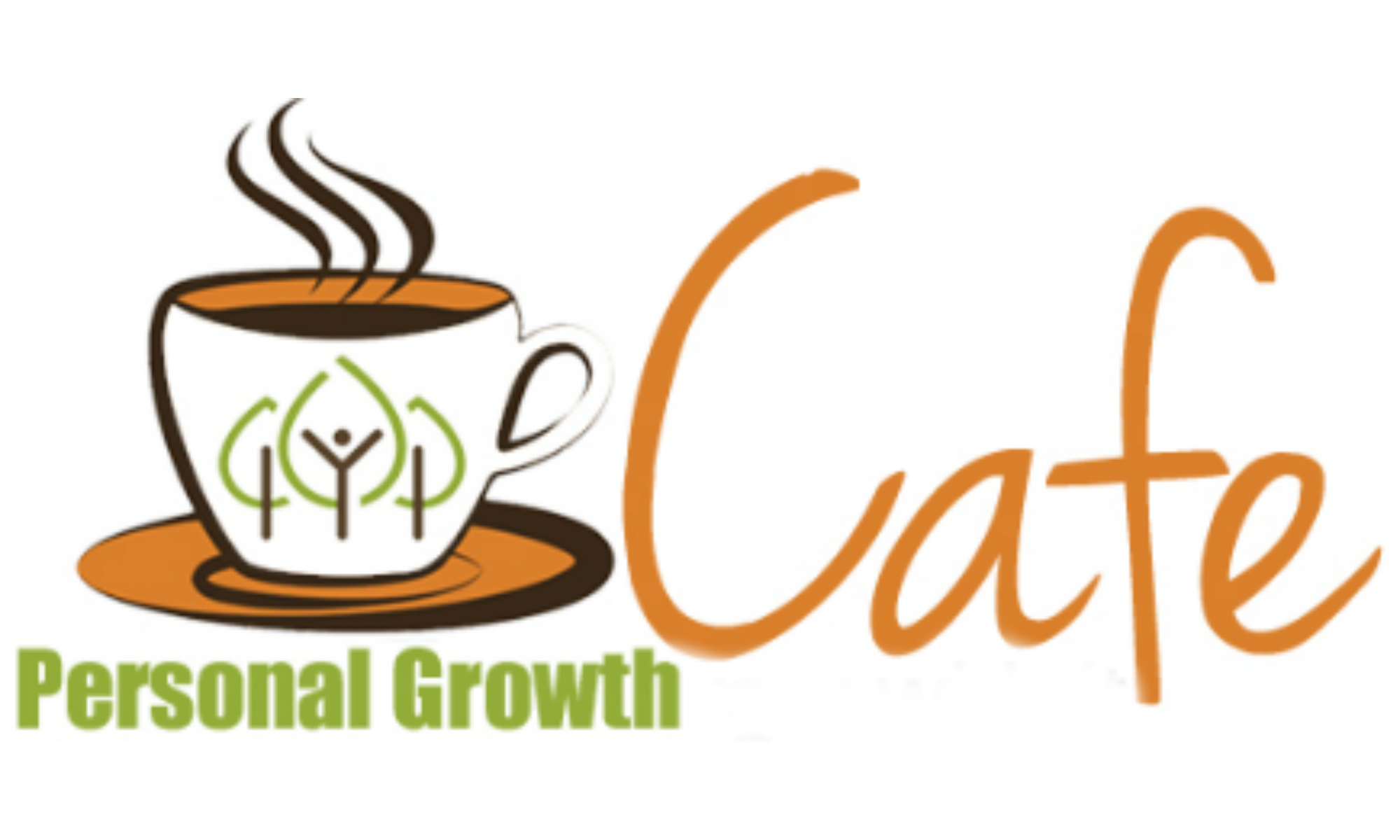Everyone has likely heard the term co-dependence. But what does it really mean?
 When you get into a relationship, chances are you depend on your partner for certain things.
When you get into a relationship, chances are you depend on your partner for certain things.
This is to be expected and it’s part of the trust you build. However, you don’t want to lose your independence completely.
What Is Co-Dependence?
Co-dependency is a learned behavior that’s usually passed down from other family members.
It is often described as losing yourself in your relationship.
If you’re co-dependent you’d likely cover up the actions of others for relief in the short term, even if it’s a bad move in the long term.
Co-dependent people often don’t listen to their true selves and end up covering up negative emotions with destructive actions.
They are more likely to develop problems with alcohol, drugs, food, sex, and more.
Are You Co-Dependent?
You might wonder if you just have a co-dependent tendency every once in awhile, or if you’re completely co-dependent all the time.
In order to figure out whether you’re co-dependent or not, it might help to ask yourself the following questions:
- Do you find it hard to adapt to change?
- Are you worried about the opinions of others including close family members?
- Do you tend to avoid an argument at all costs?
- Do you make excuses for loved ones?
- Do you feel lonely or ignored when your loved ones spend time with others?
- Do you find it hard to express yourself?
- Do you have trouble telling others “no”?
- Do you often feel ashamed about your inner feelings?
While your answer can be yes to one or a few of these questions without being co-dependent, you should now have a better idea about how a co-dependent person feels.
Deep down you likely know whether or not you have a true problem with co-dependence.
If you do, it’s in your best interest to seek out professional help. There are counselors available that are specially trained in the area of co-dependency.
How Co-Dependence Affects Your Life
Co-dependence can affect your life greatly and affect your partner and others around you. Of course the affects will be of varying degrees.
Let’s say your partner battles a common, yet debilitating problem such as alcoholism.
When they have a slip up, your co-dependent nature may wish to just cover up the slip up and just hope it’s a one-time deal.
You’d make decisions like lying to others about whether or not it happened, helping your partner sober up quickly, or calling into work for your partner and claiming that they’re just sick.
You can now see how this decision just makes things “better” in the short run. It’s the easy way out and your partner won’t have to face anything difficult.
They’ll be happier in the moment because you’re not causing them any immediate stress.
However, in the long run the problem is just going to continue and snowball.
While it may not be the popular decision, you’ll need to learn how to stand up to your partner and strive for what you believe is right deep down.
Become More Independent
There are ways you can learn to be more independent. In the above example, you’ll know that you need to have the difficult conversations with your partner.
You need to help them decide that they need to get over their problem once and for all.
You then need to decide that you’re going to concentrate on yourself.
You need to know that your relationship with your partner is not all about them and their own problems. It’s about you, too.
Take the time to think about your long-term goals and what makes you happy.
Remember that you must be able to stand on your own two-feet without shame, guilt, fear, or worry!
How do you feel about co-dependence?
How can it affect your life?
Talk about that in the Personal Growth Cafe Community!
Also, as your gift for taking this to heart – and this is profoundly important… to us ALL – go to UnitingPlanetEarth.com/ignition/ and do the Uniting Planet Earth 7-Day Quick-Start Ignition Program… and Allow it to Transform Your Life.
Before you leave…
Please share the link to this post on your Facebook, Twitter, etc., and like it, and comment right here – THANKS!

